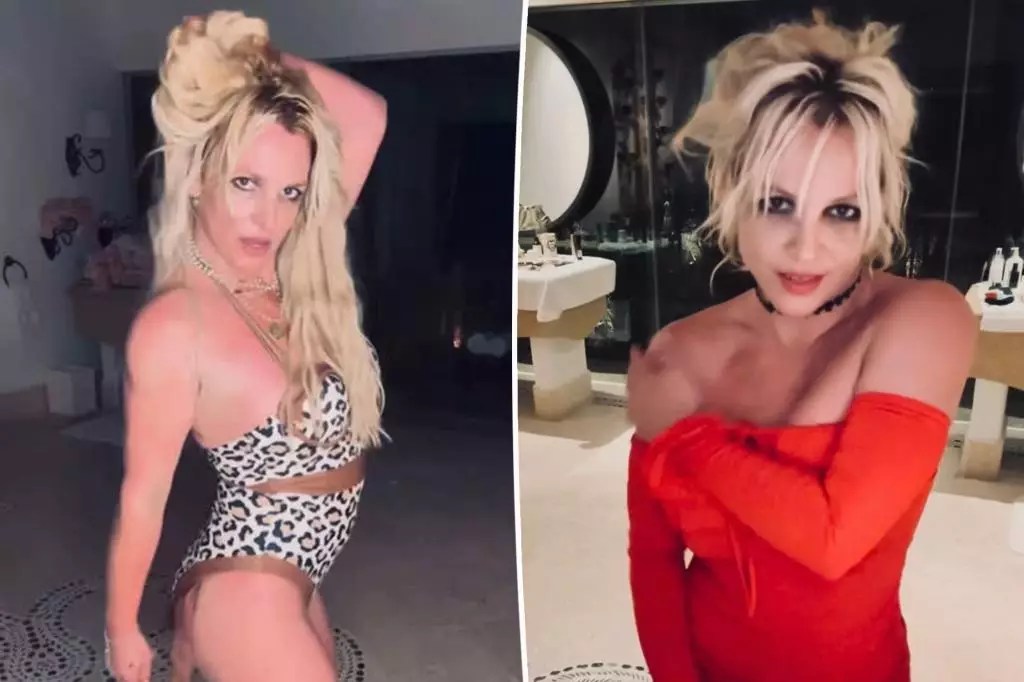In a recent emotional revelation, pop icon Britney Spears opened up about the profound sadness she experiences as a result of harsh criticisms of her well-known Instagram dance videos. In a candid Instagram post filled with poignant selfies and emotionally resonant images, Spears expressed her frustration over the negative remarks that have plagued her online presence. “If they only knew how severe my sadness is,” she lamented, showcasing the dichotomy between her public persona and her personal turmoil. This stark admission not only highlights the pressure public figures endure but also prompts a broader discussion about mental health and the impacts of social media.
Spears shared that these derogatory comments have led her to remove a dance video from her feed, revealing an unusually vulnerable side to the usually vibrant “Princess of Pop.” Despite the success and adoration she has garnered throughout her career, the weight of public opinion has an undeniable effect on her mental well-being. Describing her internal battle, she noted that while preparing for a beach vacation, sadness almost held her back, but the healing properties of nature won her over. Such experiences emphasize the importance of self-compassion, even for those who seem to have it all.
The Intensity of Online Hate
In an age dominated by social media interactions, Spears’ experience is unfortunately not unique. Many public figures face ongoing scrutiny and criticism from online communities that often fail to realize the implications of their words. After reveling in moments of joy, such as dancing and connecting with her audience, Spears was met with a reality that contrasted sharply with her aspirations for happiness. She poignantly remarked, “There’s so much I haven’t even shown, but it saddens me that people say mean things about me.” This reflects the harsh reality of living in an environment where every action can be dissected and judged by millions.
Spears didn’t shy away from confronting her critics, passionately urging those who do not appreciate her art to simply “f–k off.” This defiance encapsulates a critical switch in her narrative; she refuses to bow to the constraints of societal expectations. While some celebrities may shrink under criticism, Spears’ response emphasizes her desire to reclaim her narrative. The history of back-and-forth exchanges with public figures like Ozzy Osbourne highlights her willingness to engage in dialogue while asserting her agency.
Creating Safe Spaces for Authenticity
The backlash against Spears is also a crucial indicator of how society often demands a box for creativity and authenticity. The recent ridicule from figures such as Abby Lee Miller and Kathy Griffin underscores a need for the entertainment industry to foster a more inclusive environment that appreciates individual expression rather than conformance to established norms. Spears’ journey reflects a larger struggle for acceptance, revealing that a space for authentic self-expression can be extremely therapeutic and, at times, a perilous road to navigate.
Britney Spears remains a symbol of resilience in the face of adversity. As she continues to share her dance videos, she also advocates for mental health awareness, urging society to reconsider how we analyze and critique the trials of public figures.


Leave a Reply